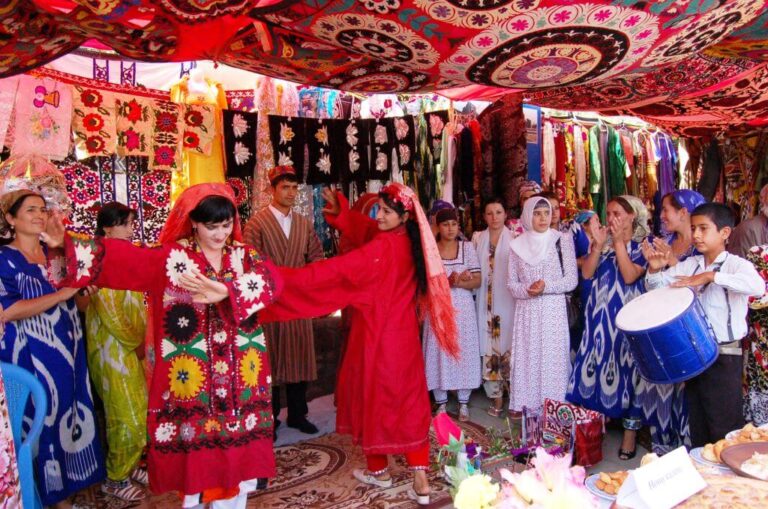
Expert: Polygamy Increases the Risk of the HIV Spread in Tajikistan
Polygamy is one of the main factors contributing to the rapid spread of HIV in Tajikistan.

Polygamy is one of the main factors contributing to the rapid spread of HIV in Tajikistan.

Kyrgyzstan is getting prepared to receive a certificate to confirm elimination of mother-to-child transmission of HIV. In the last five years, over 95% of pregnant women were covered with prevention projects, while the new cases of vertical HIV transmission are now at the level of 2%.

The second edition of PLOV ARTxFOODxCINEMA is coming to Amsterdam on 19 of June. Culinary experiences and cinematographic impressions of Eastern Europe, the Caucasus and Central Asia will come together during the event organised by the AFEW Culture Initiative in collaboration with the partners IDFA and Studio/K.
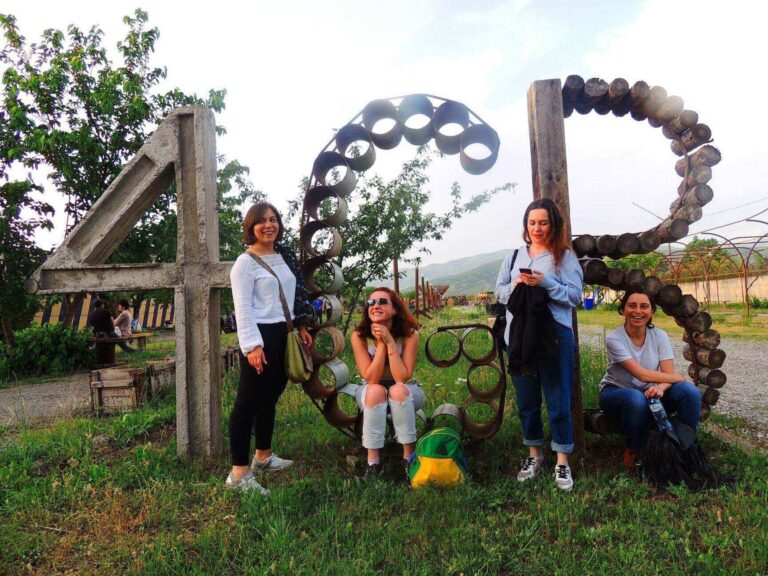
4GB is an annual electronic music festival which has been held in Georgia since 2011. The festival is dedicated to the memory of DJ Giorgi Bakanidze – one of the Georgian club music pioneers. This year, 4GB was held in an abandoned Cosmic Constructions Centre near the Saguramo village. Apart from the high-quality lineup, sound systems and headliners performing on stage, 4GB festival had another prominent feature – for the first time in the history of Georgian music festivals, a team of volunteers delivered harm reduction services 24 hours a day. Mandala – Harm Reduction youth project team members did their best to make sure that more than one hundred participants of the festival stay healthy. Thanks to this project, drug and alcohol intoxication, overdoses and other risky situations were brought to naught.
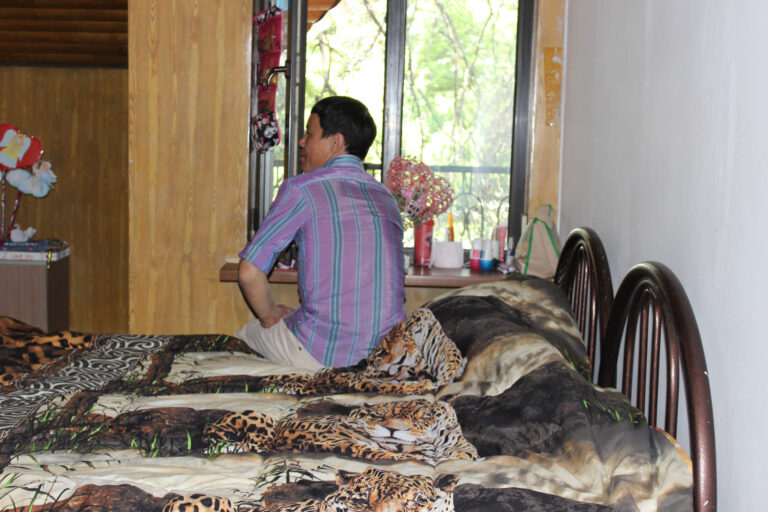
People living with HIV (PLWH), people who use drugs (PUD), those who are released from places of confinement… Those people are often left behind and ignored. They are invisible, pinned to the wall of despair, with a trail of problems that remain unresolved for years, not believing that there is a light at the end of the tunnel. Now they know where they can find help. Where they will be understood and will not be neglected. Now the address 14A Omarov Street, Almaty is well known to many people. They pass it on to each other, realizing that for someone it might be the last hope.
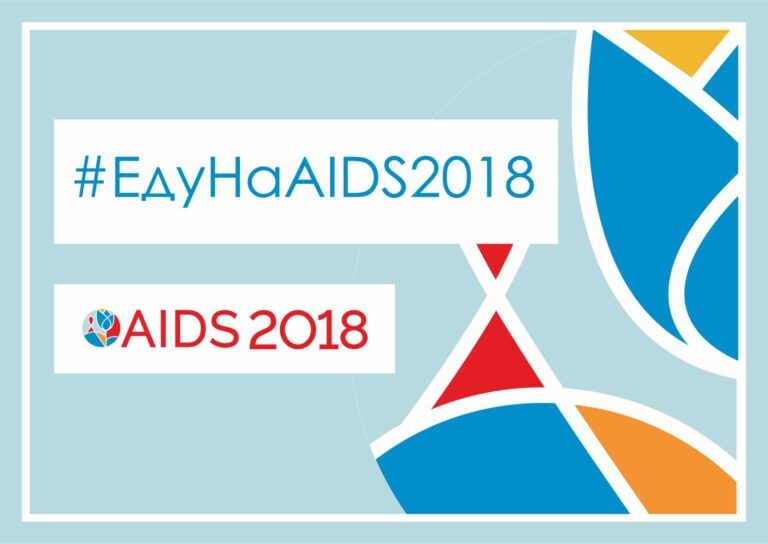
At AIDS 2018 to be held in Amsterdam, Ukraine will be the focus of attention. It is one of the leading countries in terms of HIV transmission, with half of people living with HIV not knowing their status and the war in the east of the country combined with hundreds of thousands of migrants contributing to the aggravation of the situation with HIV. Our article highlights what expectations representatives of Ukraine have from AIDS 2018 and what experiences they are ready to share.
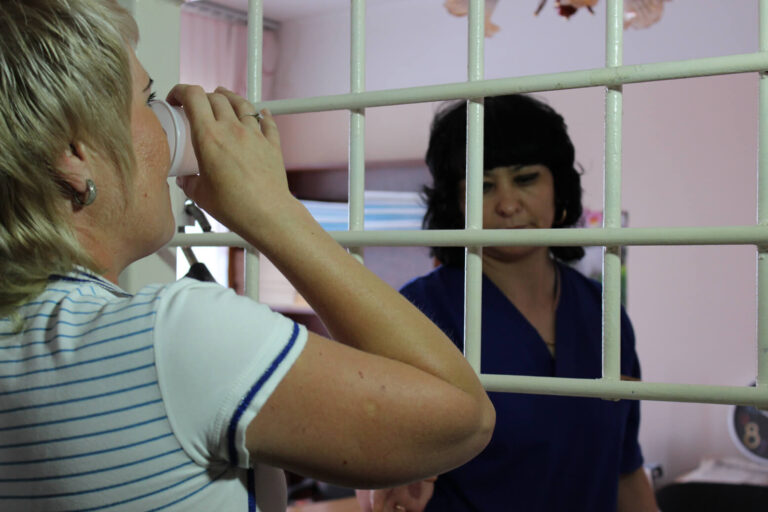
Since 20 December last year, no new patients have been enrolled in the opioid substitution treatment programme in Kazakhstan. This decision based on the governmental inspection results led to concerns among civil society activists and medical professionals and to panic among people who use drugs.
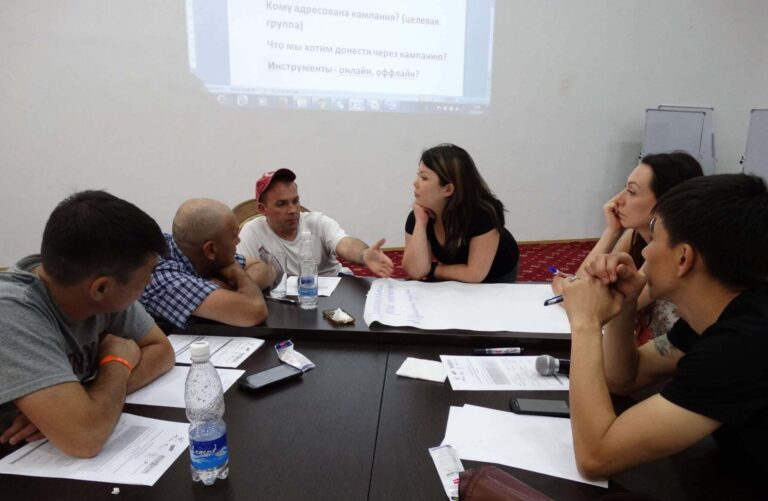
Community organizations are often not cooperative: each one deals with specific problems and has its own approaches to work. Nevertheless, the Coalition of Four Communities: people who use drugs, sex-workers, people living with HIV, lesbians, gays, bisexuals and transgender people is developing and gaining strength in Kyrgyzstan. Consolidation began three years ago without any financial support. The goal is to make the participation of communities in solving the problems of their groups meaningful, to fight against HIV, to reduce stigma and discrimination. Below we discussed the experience of interaction, successes and plans with the representatives of the Coalition.
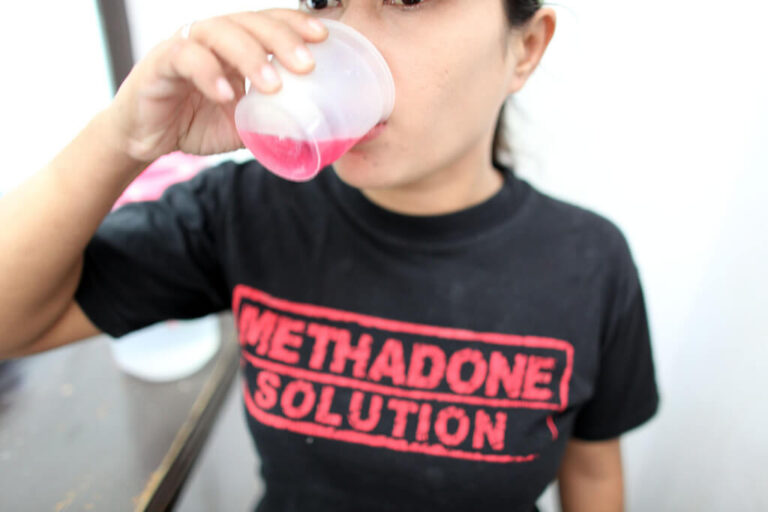
Methadone substitution therapy for drug dependent people has been used for many years, but so far there are both supporters and opponents of this method. 40-year-old Karim from Tajikistan shared how he personally benefited from the substitution therapy.
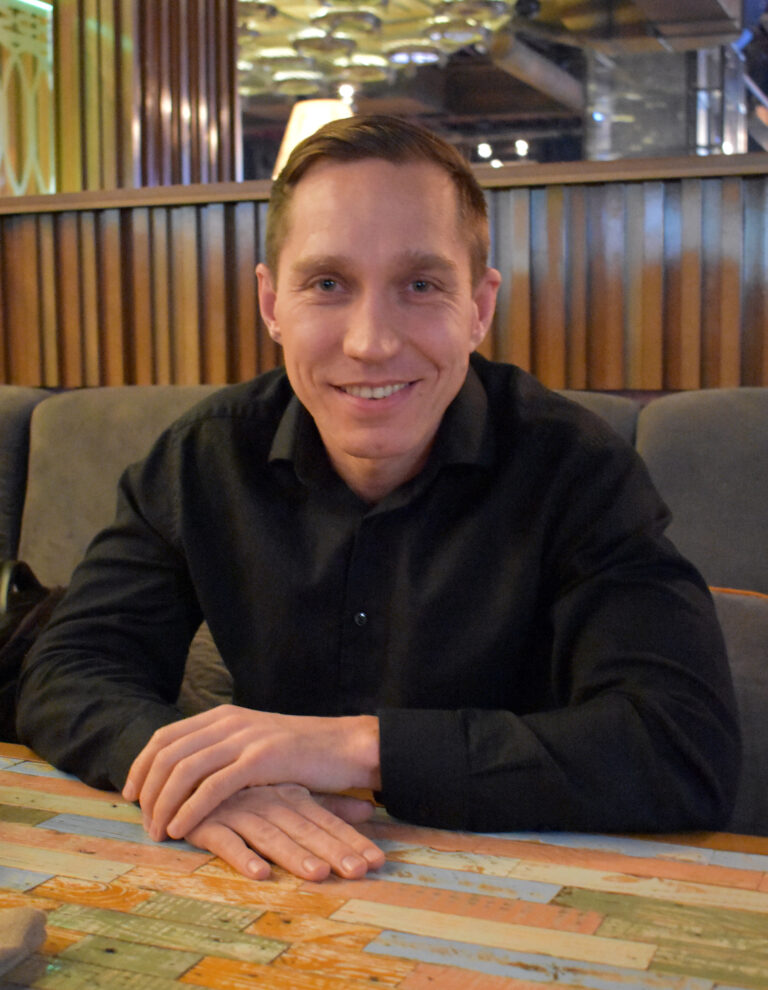
We discussed the human rights issues in the context of HIV in Russia with Mikhail Golichenko. Mikhail Golichenko is a lawyer and Senior Policy Analyst at the Canadian HIV/AIDS Legal Network — organization, which has a special consultative status at the United Nations Economic and Social Council. Previously, Mikhail was a Legal Officer with the UNODC Country Office in Moscow. His work is focused on the promotion of human rights and addressing legal barriers to accessing health rights and effective HIV/AIDS prevention and care programs for prisoners and people who inject drugs. He holds a Candidate of Sciences degree (PhD equivalent) in Law.